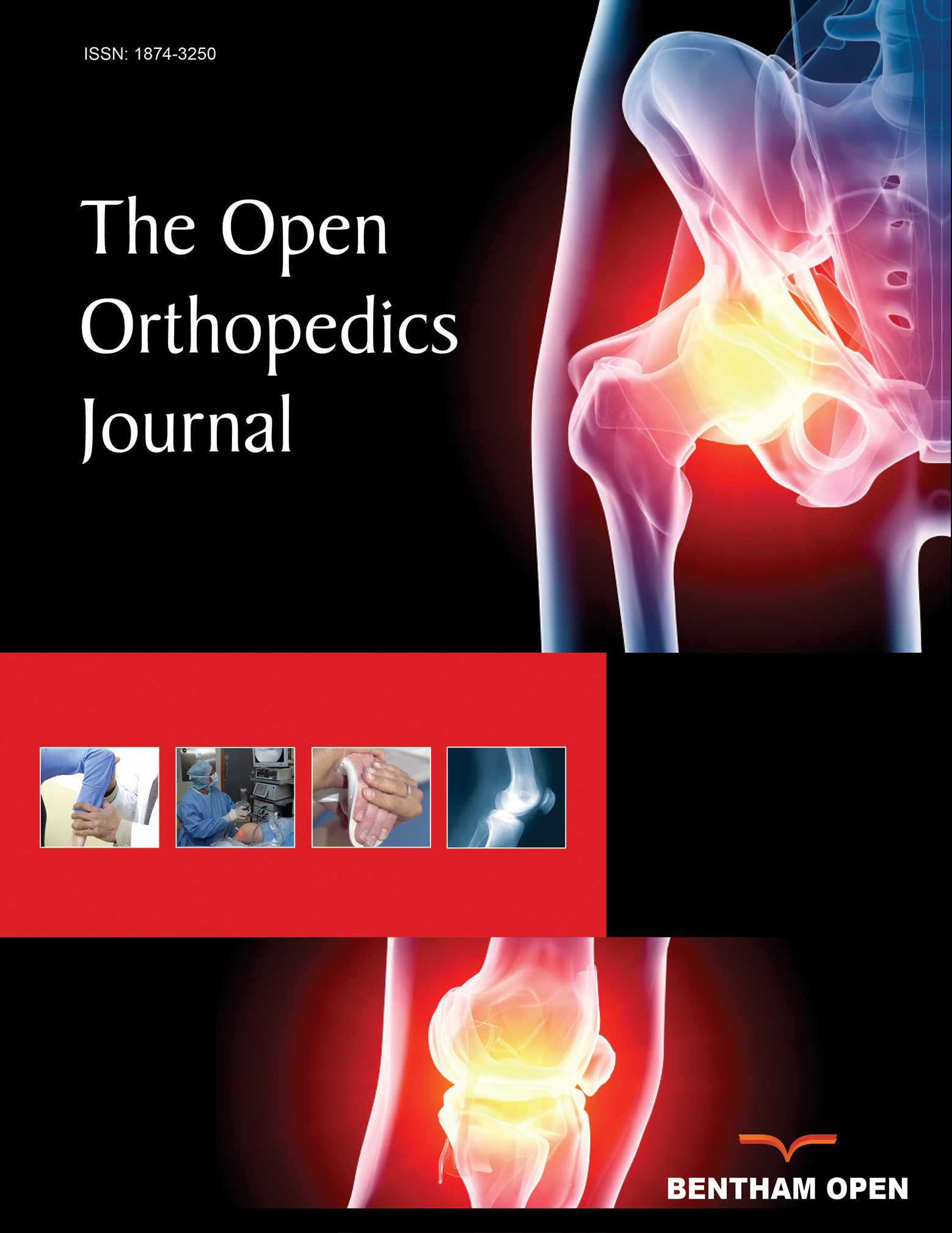All published articles of this journal are available on ScienceDirect.
Multiple Infectious Complications in a Severely Injured Patient with Single Nucleotide Polymorphisms in Important Innate Immune Response Genes
Abstract
Trauma is a major public health problem worldwide. Infectious complications, sepsis, and multiple organ dysfunction syndrome (MODS) remain important causes for morbidity and mortality in patients who survive the initial trauma. There is increasing evidence for the role of genetic variation in the innate immune system on infectious complications in severe trauma patients. We describe a trauma patient with multiple infectious complications caused by multiple micro-organisms leading to prolonged hospital stay with numerous treatments. This patient had multiple single nucleotide polymorphisms (SNPs) in the MBL2, MASP2, FCN2 and TLR2 genes, most likely contributing to increased susceptibility and severity of infectious disease.


